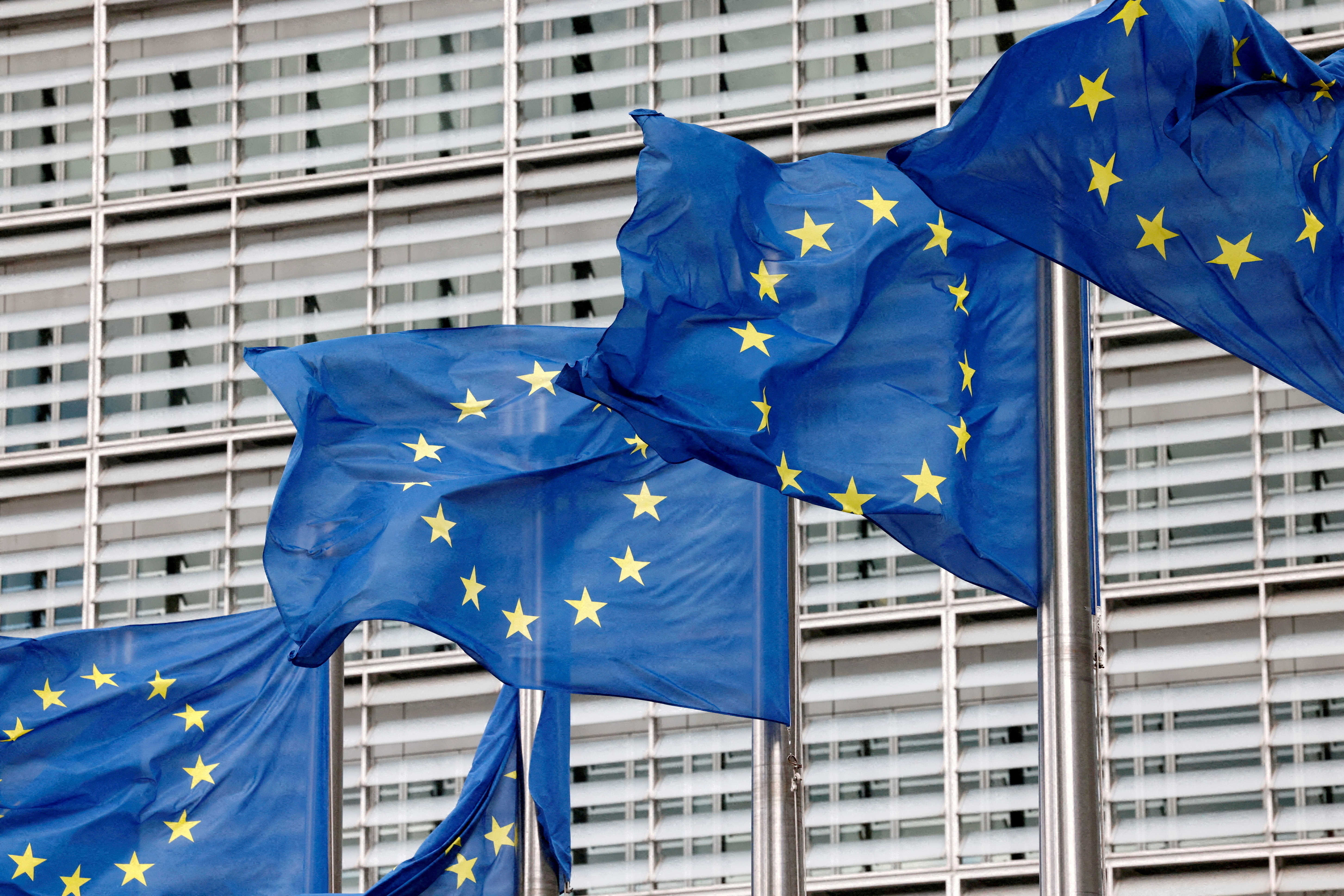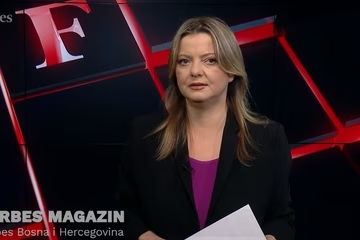
The European Commission has called on Bosnia and Herzegovina (BiH) and Serbia to improve and accelerate their alignment with EU visa policies due to the increased risk of illegal migration via the Western Balkan route.
Oglas
The lack of alignment by Bosnia and Herzegovina with the EU visa policy contributes to an increased risk of irregular migration into the EU via the Western Balkan route, reads the EC's report on the compliance of partner countries with EU visa policies. The report, adopted by the EC on Friday and published on Monday, calls for improvements by nearly all countries with visa-free regimes with the EU.
Citizens of countries that enjoy visa-free travel to the Western Balkans often arrive via regular flights as tourists and then attempt to illegally cross into EU territory.
Despite an overall decrease in irregular border crossings into the EU via the Western Balkan route, the sub-route through Bosnia and Herzegovina toward Croatia recorded around 30% more crossings in the first nine months of this year compared to the same period last year, the report noted.
In the first nine months of 2024, 90% of all irregular crossings on the Western Balkan route were recorded along this border. After the closure of the sub-route from Serbia to Hungary, criminal networks shifted their operations to the sub-route through Bosnia and Herzegovina into Croatia, the report stated.
Bosnia and Herzegovina maintains a visa-free regime with seven countries whose citizens need visas to enter the EU: Azerbaijan, China, Kuwait, Qatar, Russia, Turkey, and Saudi Arabia (the latter do not need visas during the summer months).
Serbia, meanwhile, has a visa-free regime with 16 countries whose citizens need visas to enter the EU: Armenia, Azerbaijan, Bahrain, Belarus, China, Indonesia, Jamaica, Kyrgyzstan, Kuwait, Kazakhstan, Mongolia, Oman, Qatar, Russia, Suriname, and Turkey.
In November 2023, Serbia adopted a plan to align with EU visa policy, stating full compliance would occur one year or six months before EU accession. However, given the slow pace of Serbia's accession negotiations, this is expected to take years.
Više tema kao što je ova?
Kakvo je tvoje mišljenje o ovome?
Učestvuj u diskusiji ili pročitaj komentare
Oglas
Kakvo je tvoje mišljenje o ovome?
Učestvuj u diskusiji ili pročitaj komentare
Oglas





 Srbija
Srbija
 Hrvatska
Hrvatska
 Slovenija
Slovenija


























































